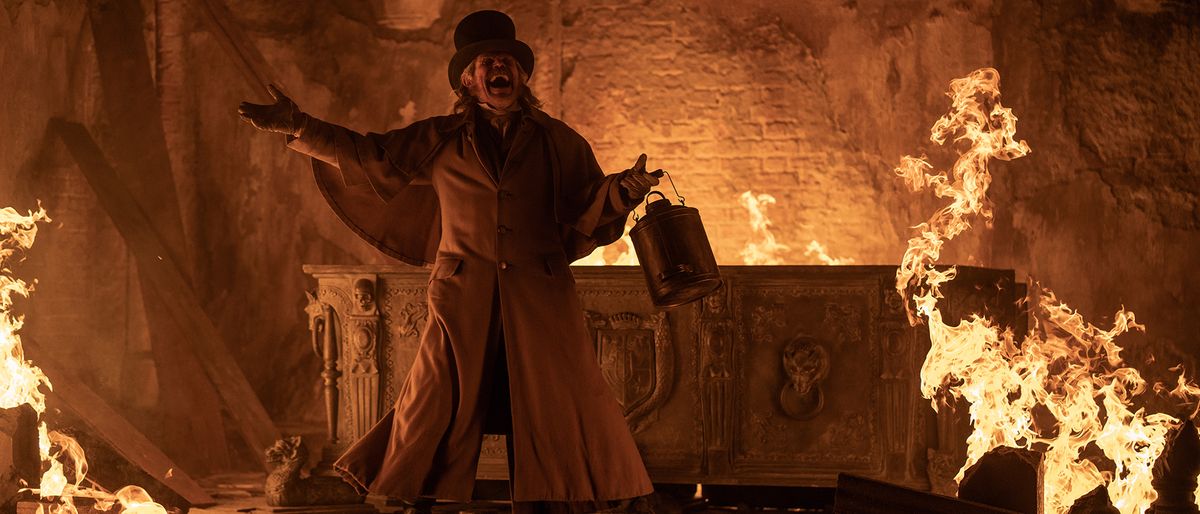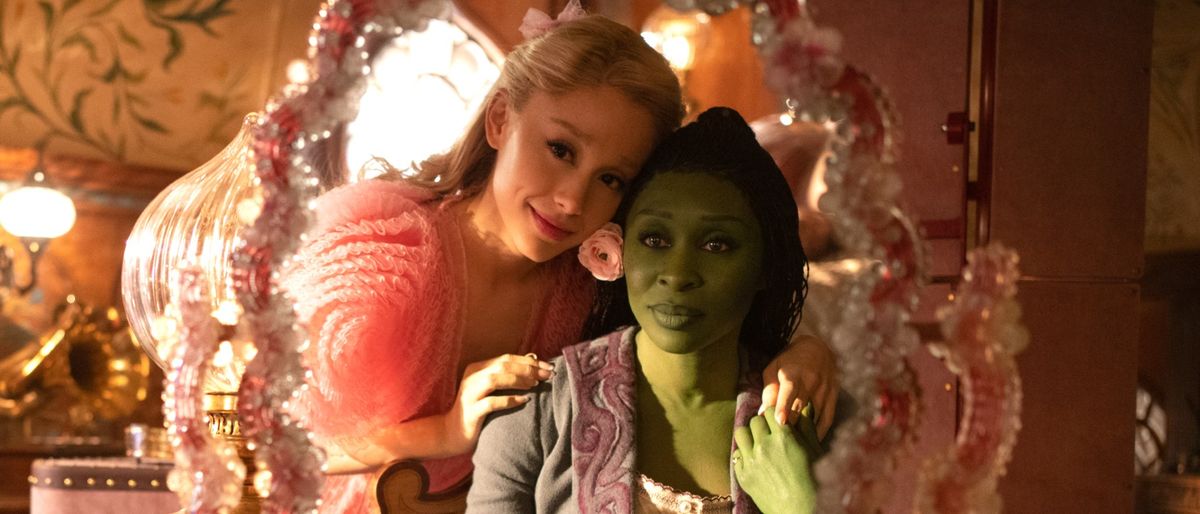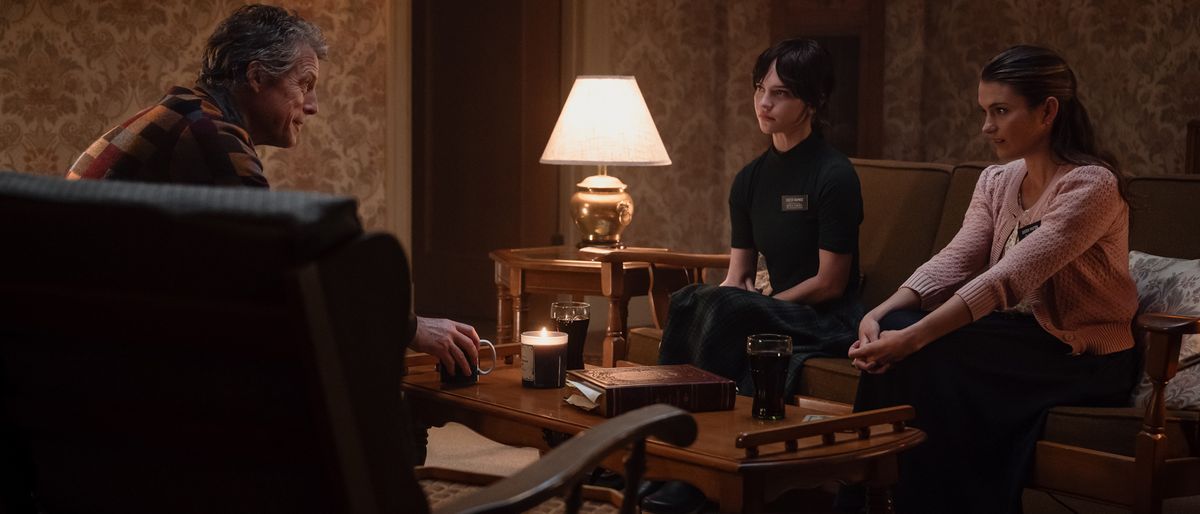
Director Jordan Peele first wowed audiences with Get Out in 2017, garnering important acclaim. It was a incredible thriller that creeped viewers out in a definite and comparatively contemporary means. Peele mixed an earthly setting—the suburban residence of a rich white American household—with a sluggish, nervous build-up in direction of a surreal twist-ending. Together, it made for a hair-raising, uncanny expertise.
Peele takes a special method with Us and appears to aspire to one thing else as properly. What the movie aspires to, although, is reasonably enigmatic. The film begins off by telling viewers about the truth that there are literally thousands of miles of tunnels beneath the United States, lots of which haven’t any identified function. Viewers are then transported to 1986. A younger, black lady named Adelaide (Madison Curry) is having fun with an evening of enjoyable on the fairgrounds together with her mom and father. With her mother and father’ tense relationship within the backdrop, she meanders away from her distracted father.
Adelaide plods alongside the nighttime seashore of Santa Cruz, and with a brilliant, crimson candied apple in hand, she makes her means right into a home of mirrors referred to as “Vision Quest: Find Yourself.” She goes deep into the funhouse, made creepy with its doubled photos and dim lighting. When the facility cuts out, the frightened, younger Adelaide tries to seek out her means out. It’s on this funhouse that she experiences a trauma that sears itself into her thoughts.
Now, within the current day, the grownup Adelaide (Lupita Nyong’o) is married. Her husband Gabe (Winston Duke) is driving, with their older daughter Zora (Shahadi Wright Joseph) and youthful son Jason (Evan Alex) in tow. The well-off Wilson household is visiting their lovely summer time residence for a trip in Santa Cruz. A foreboding sequence of coincidences leads as much as a wierd flip of occasions. One night time, a menacing household of doppelgängers—disfigured twins of the Wilson household—present up on their doorstep, motives unknown. Dressed in crimson jumpsuits and armed with lengthy, sharp, golden scissors, they invade the Wilson residence. Adelaide and her household wrestle to outlive the disturbing assault, main them to discoveries that reveal that the assault is only one small a part of bigger plan.
Strangely sufficient, for a film with such a creepy premise, there are extra laughs than thrills within the movie. Rather than letting the stress construct throughout what needs to be disturbing scenes of violence, such scenes are sometimes capped off with a quip or comedic motion. Still, whereas there isn’t a lot to get scared about, there’s actually a lot meals for thought. The movie doesn’t play into the expectations of a house invasion movie—there aren’t any elaborate safety methods or fantasies of self-defense. Instead, it attracts out a theme that revolves across the intricate tethering of a cheerful and profitable social class with the struggling of the shadowed underclass. Tonally, the movie provides off a zombie apocalypse really feel. With irreverent humor and social commentary, it remembers the British flick Shaun of the Dead.
Does Us achieve all of the methods Peele intends? With all of its metaphors and allusions, Peele appears decided to have his movie increase questions and make a press release about American society. What is the which means of the Hands Across America theme? What are the implications of the spine-tingling ending? Who are the Tethered and what’s the following step of their plan? Audiences with an curiosity in sociopolitical points within the United States could have so much to speak about. However, those that search a thrill may simply flip their attentions elsewhere because the film’s pacing is a contact sluggish at instances resulting from an absence of pressure. But with all of the issues which can be hinted at but left unanswered, it could very properly be that Peele has greater plans for Us.
Source


